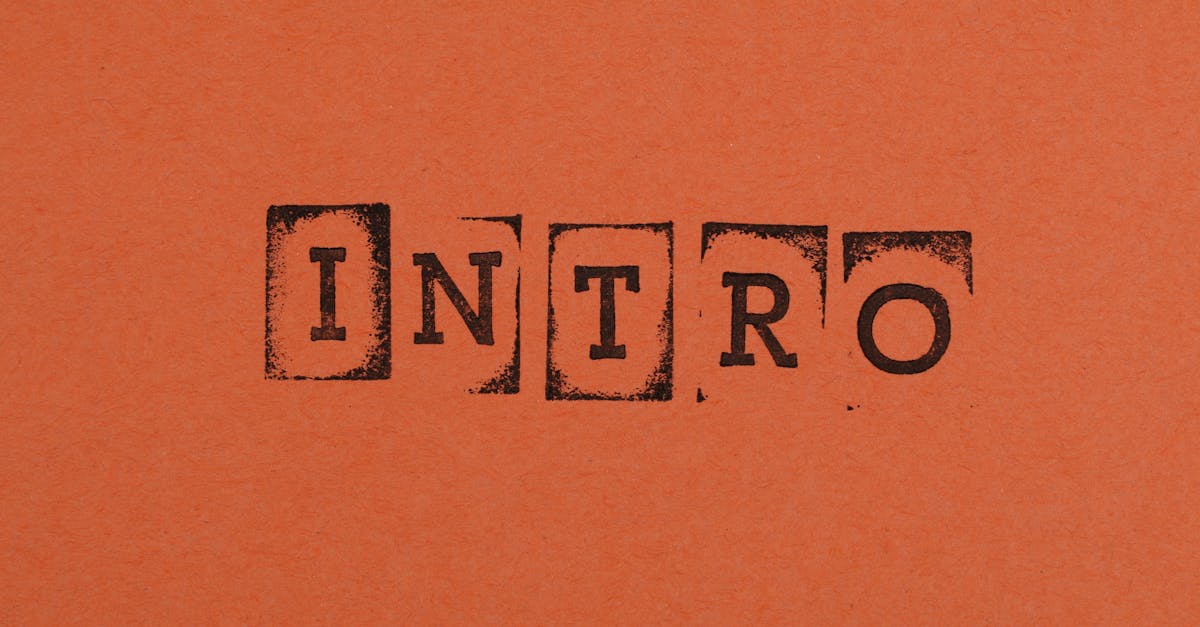The Impact Of Blockchain Beyond Cryptocurrency
Introduction
Blockchain technology, initially popularized by cryptocurrency, is revolutionizing industries beyond financial transactions. As a decentralized tech, blockchain presents a digital ledger system that stores data securely and transparently. This tech innovation holds the potential to transform numerous sectors, driving the future of tech development.

Advertisement
Blockchain in Supply Chain Management
One prominent blockchain application is in supply chain management. By leveraging its digital ledger capabilities, companies can track products from manufacture to delivery. This ensures transparency and reduces the chances of fraud, improving consumer trust. Blockchain trends in this area are aiming to enhance efficiency and traceability across supply networks.

Advertisement
Enhancing Data Security in Healthcare
The healthcare industry is embracing blockchain technology to secure sensitive patient information. This decentralized tech prevents unauthorized access, protecting confidential data from breaches. Blockchain's ability to maintain an immutable record also aids in verifying and sharing patient records across different institutions without compromising privacy.

Advertisement
Smart Contracts for Legal Agreements
Blockchain's role extends to the legal sector through smart contracts. These self-executing contracts eliminate the need for intermediaries, saving time and resources. They enhance trust by ensuring that all agreed-upon terms are met. This technology is reshaping the legal landscape, making transactions more efficient and transparent.

Advertisement
Revolutionizing Voting Systems
Blockchain applications are earning recognition in voting systems, promising more secure and transparent elections. This technology can prevent tampering and ensure accuracy through an immutable public ledger. As blockchain trends advance, it may become integral to trusted voting infrastructure, addressing previous transparency concerns.

Advertisement
Blockchain in Real Estate
In real estate, blockchain technology is streamlining property transactions. By digitizing asset records and easing verifications, it reduces fraud and errors. With greater transparency in ownership records, buyers and sellers benefit from more efficient transactions. This evolution aligns with broader tech industry innovations aiming to digitize traditional processes.

Advertisement
Empowering Artists with Digital Rights
The creative industry leverages blockchain to empower artists in protecting their work. By recording ownership and distribution rights within a digital ledger, artists can securely track royalties and licensing. Decentralized tech allows creators to retain more control over their creations, fostering innovation and fair compensation.

Advertisement
Blockchain in Financial Services Beyond Crypto
While blockchain's origin lies in cryptocurrency, its impact on financial services spans beyond digital currencies. Banks are exploring blockchain to improve transaction speeds, reduce costs, and enhance security. These strategic adoptions align with the future of tech in streamlining and securing financial processes.

Advertisement
Future Prospects and Blockchain Development
The tech industry is continually exploring new blockchain applications for environmental sustainability, retail, and beyond. As blockchain development evolves, its integration with emerging technologies like IoT and AI expands its potential uses. Such growth signifies blockchain's role in shaping the future of tech, heralding more decentralized solutions.

Advertisement
Summary and Conclusion
In conclusion, blockchain technology has far-reaching impacts beyond its cryptocurrency origins. As a decentralized tech, it fosters transparency, security, and efficiency across sectors. As blockchain trends continue to evolve, its applications in various industries promise to redefine the future of tech innovation.

Advertisement


